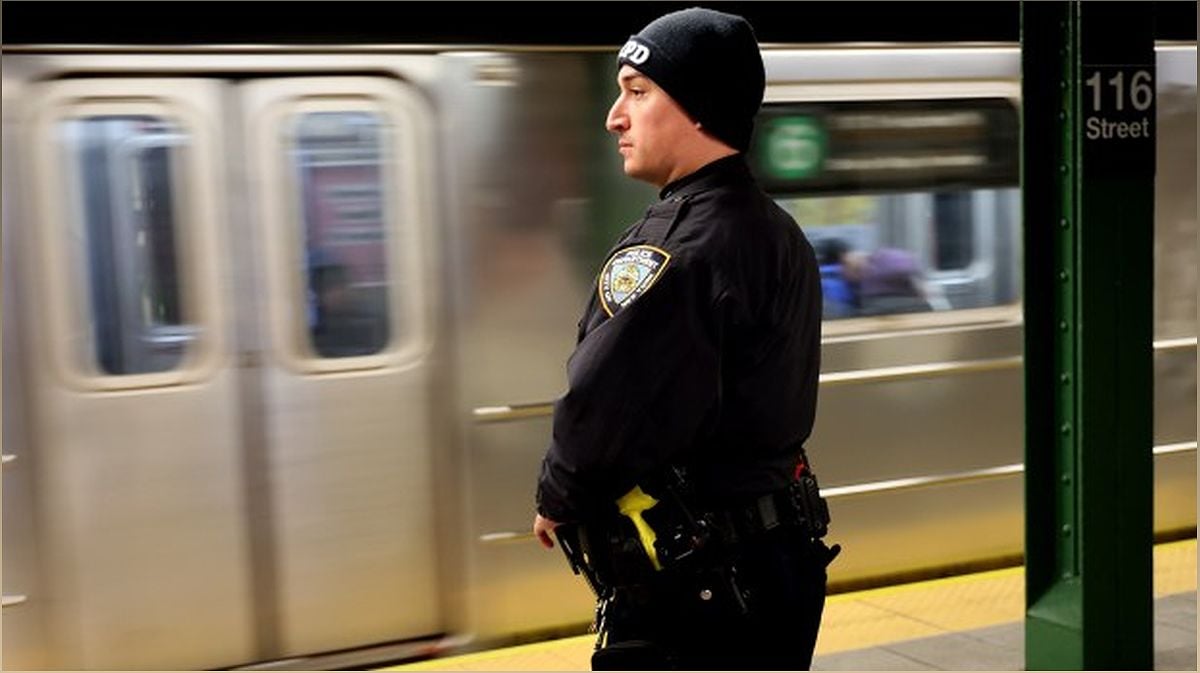The Importance of Civilian Oversight in Police Accountability
Civilian oversight plays a crucial role in ensuring police accountability and fostering community trust. This article delves into the delicate balance between control and effective policing, highlighting the need for careful consideration in expanding reporting requirements for police interactions. Discover the impact of excessive stop and frisk policies in New York City and the subsequent measures taken to address past excesses. Find out why imposing additional administrative burdens on police officers for low-level interactions may hinder desirable community engagement. Join us in understanding the importance of trust, respect, and partnership in modern policing efforts.
The Role of Civilian Oversight in Police Accountability
Civilian oversight is a critical component of police accountability, ensuring that law enforcement agencies are held responsible for their actions. By providing an external check on police conduct, civilian oversight helps to build trust between the police and the communities they serve.

One example of the need for civilian oversight is the excessive stop and frisk policies implemented by the NYPD in New York City. These policies led to a breakdown in community trust and resulted in a federal constitutional challenge. The court ruling highlighted the importance of oversight in addressing racial profiling and unconstitutional practices.
By examining the role of civilian oversight in police accountability, we can explore the delicate balance between control and effective policing. It is crucial to strike a balance that ensures adequate controls without burdening police officers with unnecessary reporting requirements.
The Impact of Excessive Stop and Frisk Policies
The implementation of excessive stop and frisk policies in New York City had far-reaching consequences. These policies disproportionately targeted young men of color and created a divide between the police and the communities they served.
As a result, measures were taken to address the past excesses and rebuild community trust. The federal court ruling in the Floyd vs. City of New York case deemed the NYPD’s practices unconstitutional and ordered court-supervised monitoring of reforms.
Understanding the impact of excessive stop and frisk policies helps shed light on the importance of civilian oversight in preventing such practices and fostering a positive relationship between the police and the community.
Balancing Reporting Requirements for Police Interactions
While it is crucial to expand monitoring of police activity, there is a need to strike a balance that does not hinder desirable low-level interactions between police officers and the public. Level 1 encounters, such as officers checking in with store owners or searching for missing persons, are essential for effective community policing.
Imposing additional reporting requirements on these interactions can be impractical and counterproductive. It sends a message to officers that they are not trusted with the fundamental aspects of their profession and may discourage community engagement.
By carefully considering the potential risks and benefits, we can ensure that reporting requirements for police interactions are balanced and do not undermine the principles of community policing.
